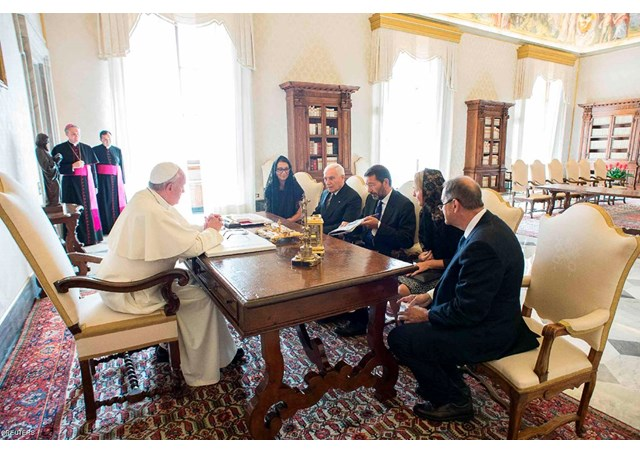John and Patsy and their (then) two boys spent a memorable year visiting at Pittsburgh when Emilie and I were there. I teach his papers just about every year.
Here's the obituary: the link at the end leads to a page on which condolences and memories can be left.
July 17, 1956 – September 11, 2014
John Bronston Van Huyck, age 58, died in his home in College
Station, TX, on September 11, 2014. The Funeral Service will be held at 11:00am
on Thursday, September 18th, at St. Mary's Catholic Church, 603
Church Avenue, College Station, with Deacon Ted Baker presiding. A reception
will follow immediately after in the parish activity center. John's remains
will be laid to rest at the family farm in Virginia.
John was born in Aberdeen, MD, July 17, 1956, the son of
Alfred and Mary Elizabeth Van Huyck. He lived for four years in India growing
up, and traveled widely throughout his life, including biking across Europe and
driving across the continental US. He dreamed of eventually sailing across the Mediterranean
in a small boat with his friends and family, and enjoyed taking multiple trips
to Europe with his sons, of which he had three from his marriage to Patsy
Johnson. John graduated from the University of Virginia with a Bachelor's
degree, and went on to Brown University where he earned both a Masters and a
Doctorate in economics.
He applied his talents to the study and teaching of
economics as the Rex B. Grey professor at Texas A&M University. In this
role, he was a scholar’s scholar and as such made contributions that changed
the way economists look at the world. From the very beginning of his academic
career, John produced influential works over a broad range of subjects. He
began this work with contributions to the way the economy in general is understood
and progressed to becoming one of the world’s premier figures in experimental
economics and economic game theory.
John played a large part in the acceptance of experiments as
a method to improve understanding of economic behavior and to predict the
impact of events on the economy. He was instrumental in illustrating how people
learn from events and how this learning contributes to stability in the complex
economic world. John’s work in no small way contributed to the fundamental
acceptance of experimental methods in economics, a branch that has produced
several Nobel Laureates.
"Today, economists have absorbed
so well what Van Huyck, [Raymond C.] Battalio and [Richard O.] Beil showed that
we find it natural, but it was a big surprise when they published the first
paper... He had three experiments... that helped economists understand why
coordination is hard, even when it’s in everyone’s interest to coordinate. He
showed it with a set of experiments using games in which even though everyone
knew that everyone wanted to coordinate on a high number, the fear that someone
else would slip up caused coordination to fail." (Alvin E. Roth, Nobel Laureate)
He was more than just an academic thinker. He was a true
renaissance man. He was deeply interested in the relation between governmental
actions, political behavior and the freedom of individuals to pursue their own
independent interests. Any one of the many economists who had the privilege of
interacting with John came away with a better understanding of the world around
them.
Above all else, John loved being a father. He sometimes told
the story of how he had wished for a son at a neighborhood wishing well, and
was overjoyed to be given three. John served as a Cub Scout den leader for Pack
317, and his oldest two sons both achieved the rank of Eagle Scout. He kept
himself abreast of the advances in technology, taking advantage of new forms of
media to create home video recordings of his family's life, and teaching his
sons computer programming. John held himself to high standards in his work and
his personal life, and strove to be a great man of virtue and character.
He is survived by his beloved sons, Carl Phillips, Don
Ashfield and Bjorn Bennett Van Huyck; their mother, Patsy; his parents, Alfred
and Betty Van Huyck; and his sister, Nancy Chockley, her husband, Frederick,
and their children, Katherine and Wilson.
The family requests memorial contributions be made towards
the funding of a scholarship in John's name at Texas A&M University. Please
send contributions to Texas A&M Foundation in memory of John B. Van Huyck,
Ph.D., 301 Coke Building, 4223 TAMU, College Station, TX 77843-4223.








